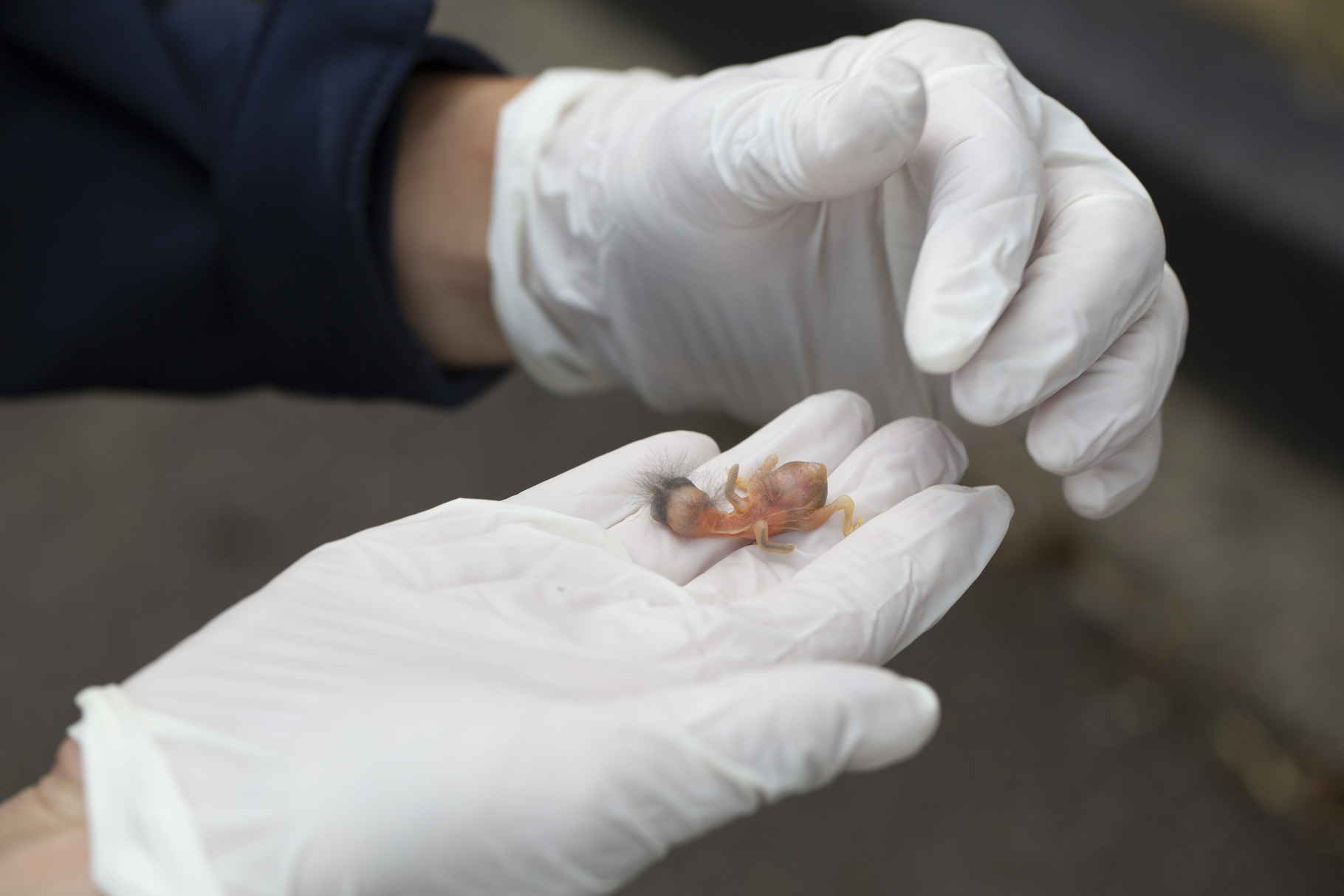As the peak bird breeding season continues, the RSPCA is urging people to check their expert online advice about wild baby birds before calling the charity, so the line is kept free for emergency calls to be answered as quickly as possible.
New figures reveal that the charity’s emergency line answered 6,019 calls about baby birds last year, and a majority of those calls – 3,398 – came during the peak bird breeding months of May, June and July.
Fourteen calls were made about birds in Torfaen.
During these peak months, the RSPCA receives an average of 36 calls per day – or three every hour its call line is open. But many of these calls could have been answered by the charity’s online advice which explains that many wild birds – especially fledglings – are not in danger and can be left alone and monitored from a distance.
RSPCA senior scientific officer Evie Button said: “It’s wonderful that people want to do the best for our wild birds, particularly if a baby bird has been found out of its nest. But instead of calling us, we urge animal lovers to first check the expert advice on our website, which explains that in many cases – especially if it’s a fledgling – there’s no need to intervene.
“This will help keep our emergency line free so rising numbers of calls about animal cruelty and neglect can get through as quickly as possible.
“Every time a wild animal is helped by the public it frees up our vital specialist rescuers to reach animals suffering heartbreaking cruelty and neglect, a job no other charity does.”
In 2022, 1,098,806 calls came into the RSPCA’s emergency line – an increase of 1.6% on the previous year, so the charity is asking the public to help them ease the pressure.
At this time of year, RSPCA wildlife centres are on high alert as it’s the peak baby bird season. Last year they cared for 1,416 ‘orphaned’ birds, picked up by well-meaning people.
But many of these birds were not actually orphans and may have a better chance of survival if they are left in the wild.
Evie added: “It is really important to ensure it is only those young birds that really need help that come into our care. In most cases, the best thing you can do for them is to help them stay in the wild using methods like re-nesting, by putting them back into their nest or helping them build a new one.
“The general rule of thumb is that if a young bird is a fledgling, it is likely to survive outside the nest without human intervention unless it’s sick or injured. If it’s a younger, more vulnerable nestling, it will probably need extra help.”

